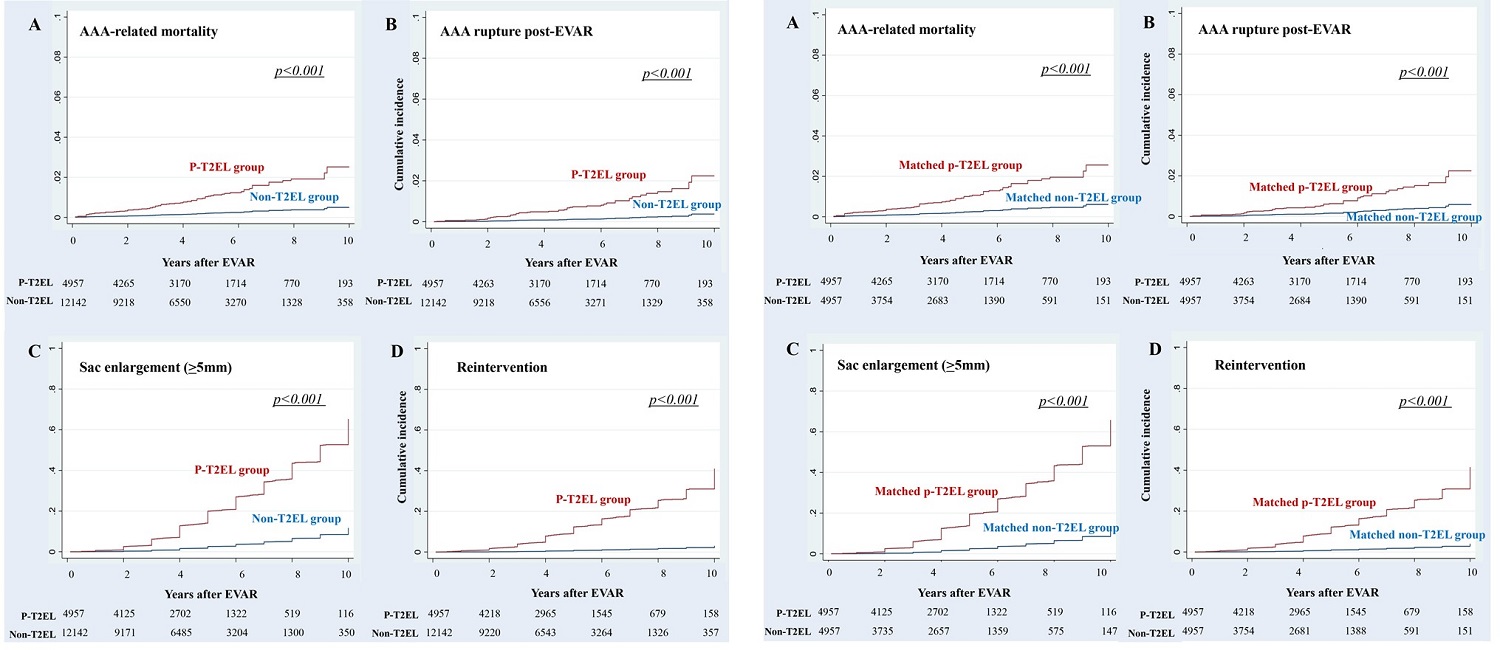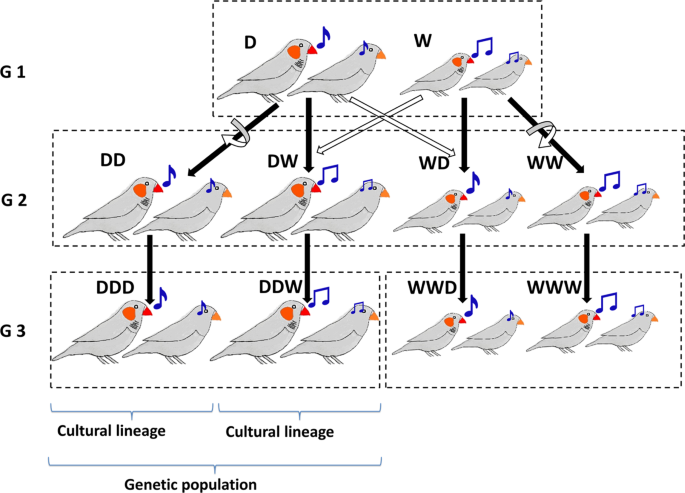アフリカメダカの研究により、免疫系の老化が明らかに Studies in African killifish reveal how the immune system ages
2022-02-28 マックス・プランク研究所
・ダリオ・リッカルド・ヴァレンザーノ率いる研究チームは、寿命の短いメダカに免疫系の老化が見られるかどうかを調べました。その結果、メダカは生後4カ月ですでに、若い魚に比べて抗体の種類が少なくなっており、これが免疫機能の全般的な低下の一因になっている可能性があることがわかりました。
<関連情報>
- https://www.mpg.de/18474159/0325-balt-fewer-antibody-diversity-as-we-age-155436-x?c=2249
- https://elifesciences.org/articles/65117
自然界で短命なターコイズメダカの年齢による抗体多様性の広範な喪失 Extensive age-dependent loss of antibody diversity in naturally short-lived turquoise killifish
William John Bradshaw, Michael Poeschla, Aleksandra Placzek, Samuel Kean, Dario Riccardo Valenzano Is a corresponding author
Max Planck Institute for Biology of Ageing, Germany; University of Cologne, Germany
Research Article Feb 7, 2022 Cite this articleas: eLife 2022;11:e65117 DOI: 10.7554/eLife.65117

Abstract
Aging individuals exhibit a pervasive decline in adaptive immune function, with important implications for health and lifespan. Previous studies have found a pervasive loss of immune-repertoire diversity in human peripheral blood during aging; however, little is known about repertoire aging in other immune compartments, or in species other than humans. Here, we perform the first study of immune-repertoire aging in an emerging model of vertebrate aging, the African turquoise killifish (Nothobranchius furzeri). Despite their extremely short lifespans, these killifish exhibit complex and individualized heavy-chain repertoires, with a generative process capable of producing millions of distinct productive sequences. Whole-body killifish repertoires decline rapidly in within-individual diversity with age, while between-individual variability increases. Large, expanded B-cell clones exhibit far greater diversity loss with age than small clones, suggesting important differences in how age affects different B-cell populations. The immune repertoires of isolated intestinal samples exhibit especially dramatic age-related diversity loss, related to an elevated prevalence of expanded clones. Lower intestinal repertoire diversity was also associated with transcriptomic signatures of reduced B-cell activity, supporting a functional role for diversity changes in killifish immunosenescence. Our results highlight important differences in systemic vs. organ-specific aging dynamics in the adaptive immune system.


